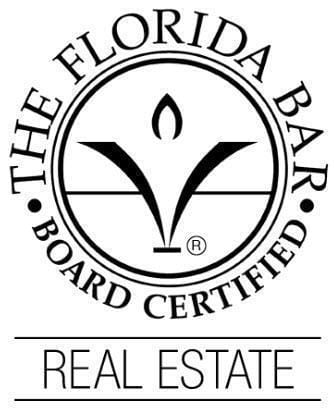When entering into a commercial real estate transaction, you want to draft a well-defined contract that protects your interests and clearly outlines the terms and conditions of the deal. A comprehensive commercial real estate contract should address various aspects of the transaction to ensure clarity, minimize disputes and offer legal protection for all involved parties.
Learn about the key components that your commercial real estate contract should include.
1. Parties and property description
The contract should clearly identify all parties involved in the transaction, including the buyer, seller and any brokers or agents. Additionally, it should provide a detailed description of the property, including its address, legal description and any pertinent identifiers.
2. Purchase price and payment terms
The contract should specify the agreed-upon purchase price for the commercial property, as well as the payment terms. This includes outlining the amount of the initial deposit or down payment, any financing arrangements and the timeline for subsequent payments.
3. Due diligence and contingencies
The contract should address the due diligence period, allowing the buyer sufficient time to conduct inspections, investigations and other necessary assessments of the property. It should also outline any contingencies, such as the buyer’s ability to secure financing or obtain necessary permits or approvals.
4. Closing date and transfer of title
The contract should establish a closing date when the ownership of the property transfers from the seller to the buyer. It should also specify how to transfer the title, such as through a warranty deed, special warranty deed or another appropriate instrument.
5. Representations and warranties
Both the buyer and seller may provide representations and warranties in the contract. Additionally, warranties are assurances given by the seller regarding the condition, quality or title of the property.
6. Remedies and dispute resolution
The contract should outline the remedies available to each party in the event of a breach, default or dispute. This may include provisions for specific performance, monetary damages or alternative dispute resolution methods such as mediation or arbitration.
By including these and any other items you deem necessary, you can create a contract that safeguards your interests and promotes a smooth transaction.




